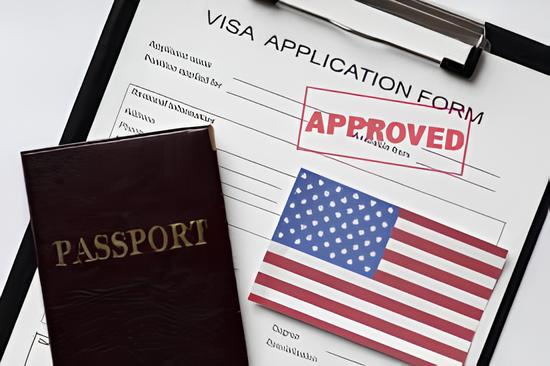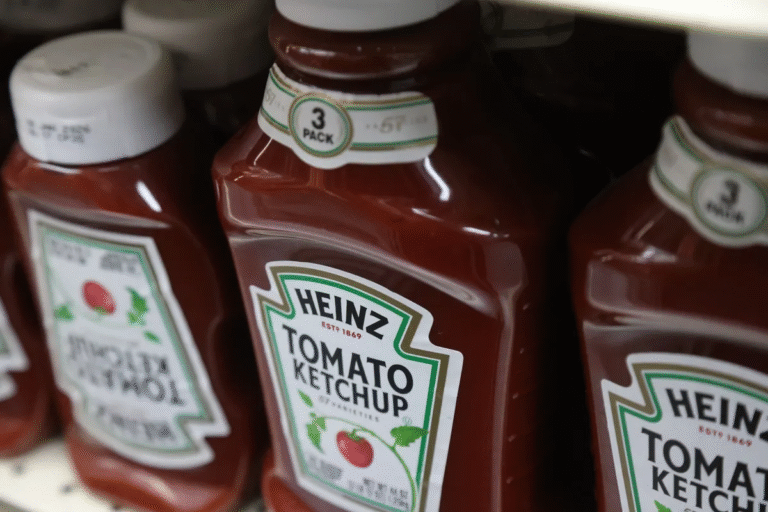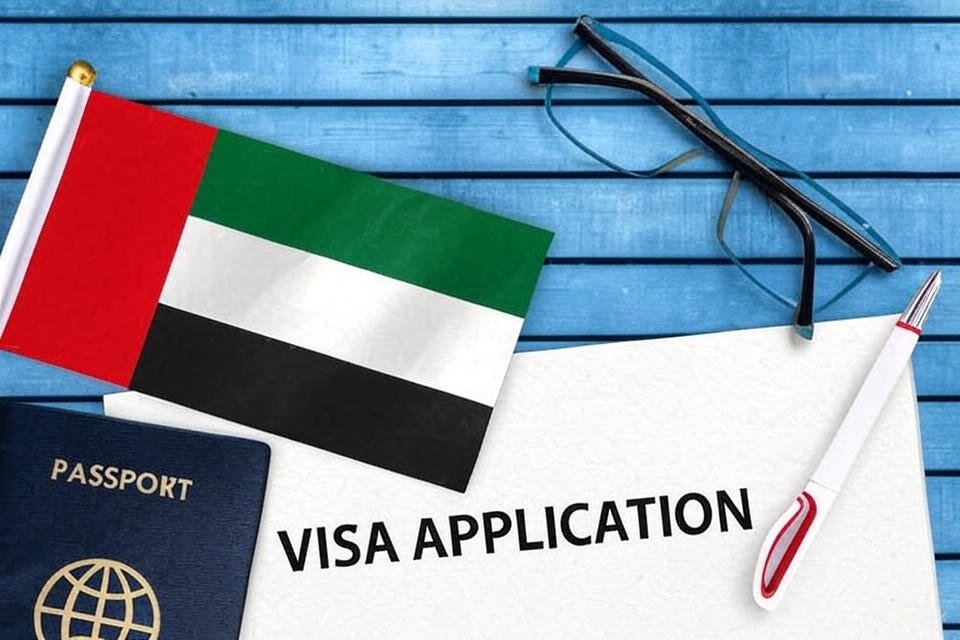The U.S. State Department is launching a 12‑month visa bond pilot program requiring some B‑1 (business) and B‑2 (tourist) applicants from countries with high overstay rates or screening deficiencies to post bonds ranging from $5,000 to $15,000, refundable upon compliance with visa terms.
The program revives a proposal from late 2020 that was never implemented due to pandemic-related travel disruptions.
Once published in the U.S. Federal Register, the rule takes effect 15 days later, with at least a 15‑day public notice of affected countries.
Consular officers may require bonds during visa interviews based on individual assessments, typically $10,000, but up to $15,000 if deemed required.
Visas under this pilot are single‑entry, valid for three months, and allow stay of up to 30 days.
Countries and Criteria
The list of covered nations has not yet been released, but is expected to include countries like Chad, Haiti, Myanmar, Yemen, Congo, Laos, Eritrea, and others with overstay rates above 10% or weak identity systems, and possibly those offering citizenship by investment without residency.
Refunds and Forfeiture
If applicants comply, depart before visa expiry, or properly extend/change status, the full bond is refunded using DHS’s Arrival and Departure Information System data, with no interest accrued.
If they overstay or otherwise breach conditions, the bond is forfeited; DHS makes the final breach determination, and applicants may appeal within 30 days.
Critics’ Concerns
Industry and immigrant advocates warn that the bond requirement will impose prohibitive financial burdens on legitimate visitors, particularly those from economically disadvantaged countries. Some characterize the approach as “draconian” and likely to discourage business travel or family visits.
U.S. Travel Association estimates only approximately 2,000 applicants will be affected, mostly from low‑volume travel countries, but notes that combined with a new $250 visa integrity fee, the move could harm U.S. competitiveness in global tourism and business.
U.S. Officials present the bond system as a deterrent tool aimed at reinforcing visa compliance and pressuring governments to strengthen their passport and residency vetting systems.
The pilot aligns with Executive Order 14159, signed January 20, 2025, directing agencies to tighten immigration and border control policies.
Implications
The pilot sends a clear message that visitors from certain countries are subject to stricter scrutiny, even when compliant. While designed as a compliance tool, the cost and uncertainty may deter eligible visa holders. U.S. consular officers retain discretion over bond imposition, yet for many visitors, the requirement could effectively bar travel, shrinking economic and personal exchanges.
What to Watch
Affected travelers should monitor the State Department’s announcement of the country list at least 15 days before implementation. Officials say they will closely evaluate bond administration over the one‑year pilot, including operational viability and deterrent effect, which could influence future immigration policy decisions.























